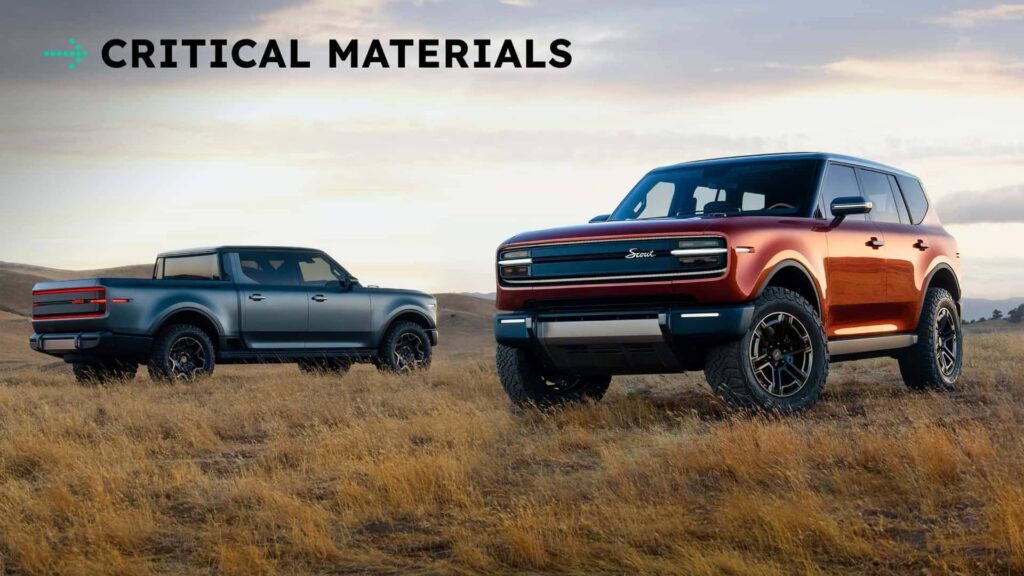Scout Motors, backed by Volkswagen, made headlines last year when it broke ground on its new $2 billion electric vehicle plant in South Carolina. The factory is set to produce electric trucks and SUVs by 2027-2028, with plans to sell directly to consumers through an online portal. However, this direct sales model faces challenges in South Carolina and other states where laws prohibit automakers from selling vehicles directly to customers.
The company is pushing for a change in state laws to allow for direct-to-consumer sales, starting with South Carolina. The proposed amendment would enable automakers like Scout, Tesla, and Rivian to bypass traditional dealerships and sell their vehicles directly to consumers. This move is supported by arguments for consumer freedom and the benefits of online car purchasing.
Traditional car dealerships have shown reluctance to embrace electric vehicles, prioritizing gas-powered cars that bring in recurring service income. However, the shift towards EVs is inevitable, and automakers like Scout are looking to streamline the purchasing process through digital platforms.
In addition to the challenges faced by Scout Motors, South Korean battery giants are also experiencing a slump in sales due to production cuts by American and European automakers. SK On, LG Energy Solution, and Samsung SDI have all reported significant drops in sales and operating profits, highlighting the impact of global regulatory uncertainties on the industry.
Meanwhile, Tesla’s sales in China have seen a sharp decline, with deliveries of China-made EVs dropping by 11.5% in January. This trend is reflected in Europe as well, where Tesla’s sales have also decreased. The company’s revised Model Y is now tasked with revitalizing its passenger car business, amidst concerns over CEO Elon Musk’s controversial behavior and its impact on the brand.
As the automotive industry navigates the transition to electric vehicles, the debate over direct sales versus the dealership model continues. Companies like Scout Motors and Sony Honda Mobility are challenging the traditional dealership model, facing pushback from industry associations like the National Automobile Dealers Association. Ultimately, consumer preferences will play a key role in shaping the future of car purchasing methods.

